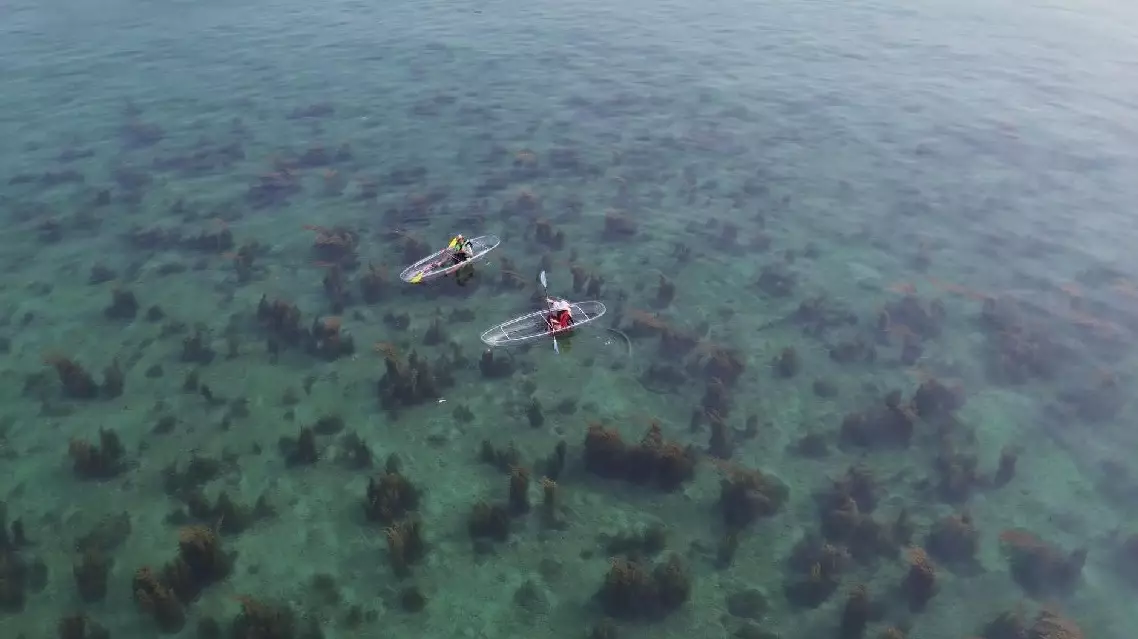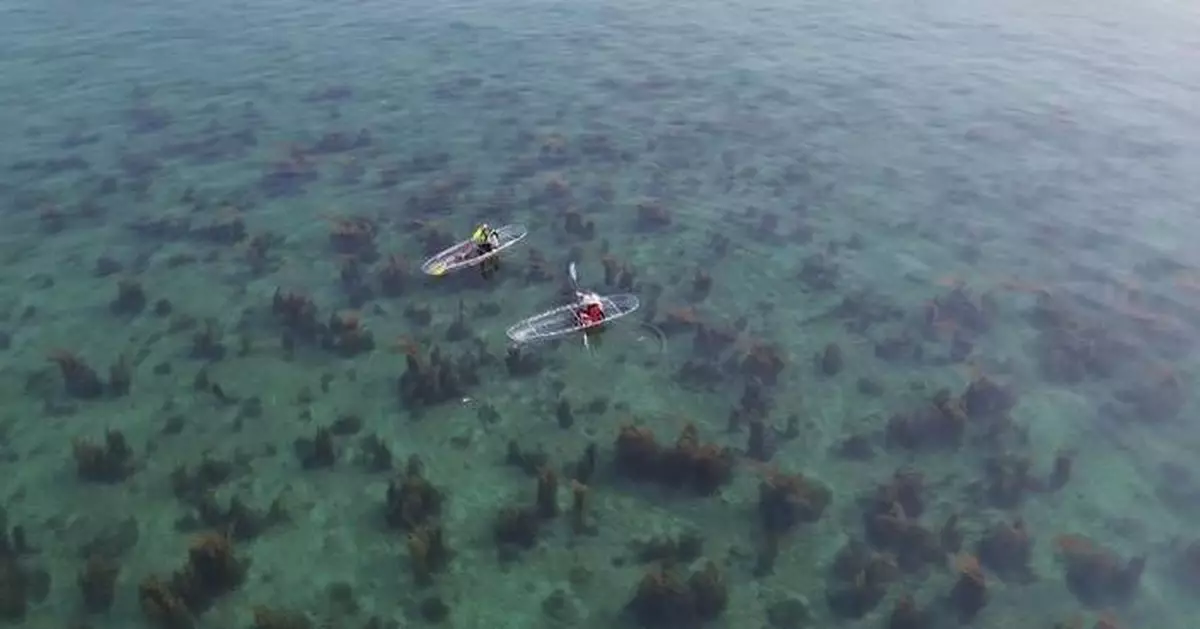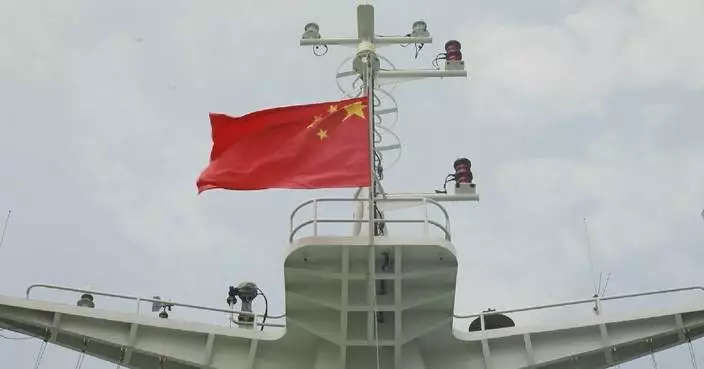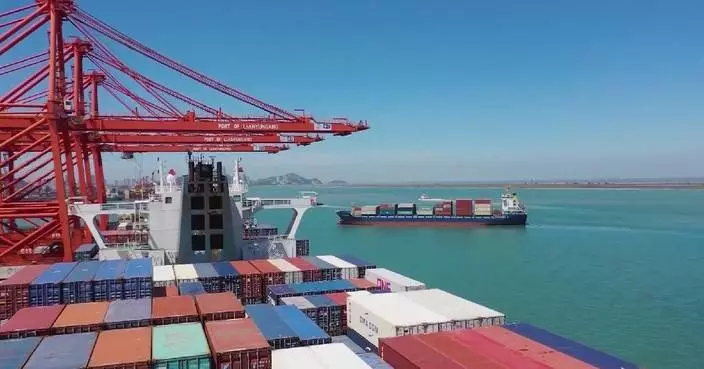In April and May, the calm sea of Weizhou Island in south China's Guangxi Zhuang Autonomous Region looks crystal-clear with varying hues of color dramatizing the clarity and glassy water thanks to the unremitting ecosystem restoration.
Weizhou Island, located in the Beibu Gulf in southern China, is the youngest volcanic island in China and one of the country's most famous scenic areas.
It is home to a spate of endangered marine wildlife including the rare Bryde's whales.
In order to protect the environment of Weizhou Island and the surrounding waters, local government in south China's Guangxi Zhuang Autonomous Region has banned the use of disposable foam dishware, non-biodegradable plastic bags and plastic films since 2018. Fishing is permanently prohibited in sea areas stretching 6 km off the islet's coastline.
Guangxi Marine Environment Monitoring Center has set up three seawater and sediment monitoring sites in the waters of Weizhou Island to regularly monitor basic indicators and chemical indicators in seawater.
An expert said that the appearance of the "glass-like" sea has shown that the ecological environment of the sea is excellent.
"The Weizhou Island surrounding sea water quality and every monitoring index have reached the standards. The excellent water quality of Weizhou Island leads to the crystal clarity effect of a glassy sea," said Li Mingmin, director of ecological research office of the center.
The good water quality also breeds a diverse undersea ecosystem, especially coral reefs, which are the bedrock of that ecosystem.
In recent years, local government has vigorously promoted the protection of coral reef resources and ecological restoration, curbing the trend of coral reef degradation, and gradually recovering the living coral coverage.
At present, researchers in northern Weizhou Island have completed the one-year planting of coral reefs and it officially entered a three-year management and protection period of coral seedlings.
"We are now mainly removing fishing nets because they are wrapped around the coral and can greatly affect its growth. We will also clean up the algae or some of the snails on it. In the future, we will especially clean up the biodisasters in the sea during certain seasons so as to ensure the restoration of the coral," said Xu Mingpei, a postgraduate from School of Marine Sciences of Guangxi University.
Coral reefs are the tropical rainforests of the sea. Although they only cover 0.2 percent of the ocean's surface, they provide habitat for 30 percent of marine organisms.
Since 2015, the research team from the College of Marine Sciences at Guangxi University has been conducting surveys and restoration efforts on the coral reefs of Weizhou Island.
Currently, a total of 30 hectares of coral reef area have been restored, with the installation of 1,400 artificial reefs, the establishment of 120 coral nursery beds, and the transplantation of over 80,000 coral seedlings.

"Glassy sea" vista in Guangxi epitomizes success of ecosystem restoration










